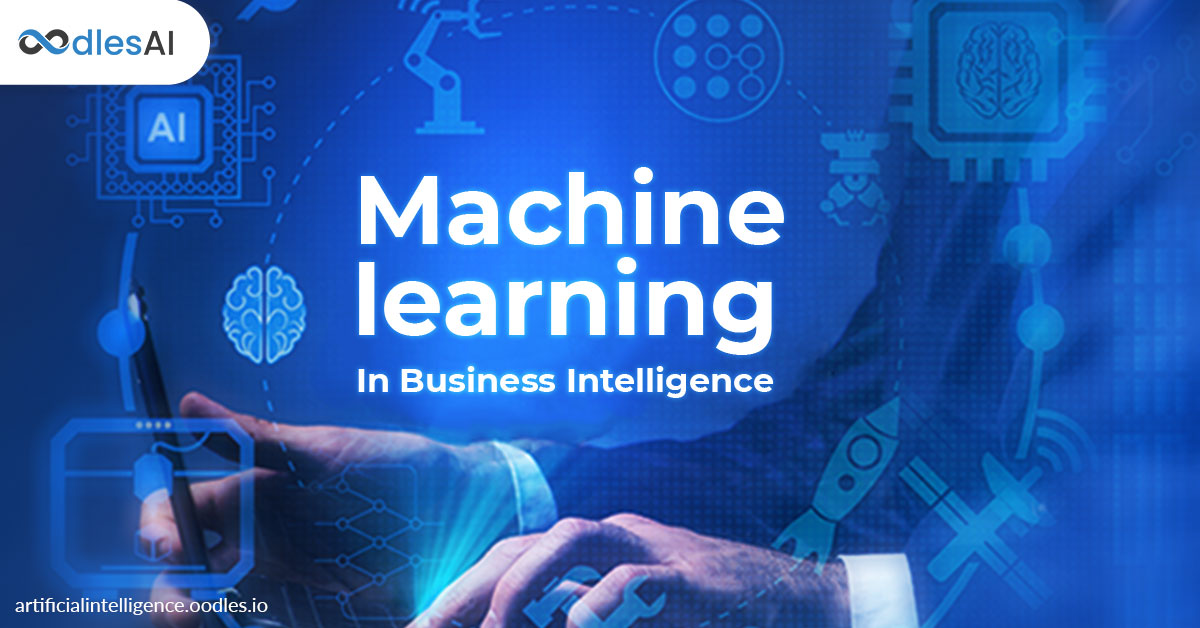From Information to Judgments: How AI Boosts Corporate Efficiency
In the current rapidly changing business landscape, the ability to make quick and informed decisions can be the difference between success and failure. Businesses are increasingly turning to artificial intelligence to transform their analytics into useful information, which helps enhancing their functional efficiency. By utilizing AI solutions, businesses can analyze vast amounts of data in real time, allowing them to react to industry changes with agility and exactness.
AI has progressed from a basic technological innovation to a formidable tool that simplifies processes and enhances overall performance. Businesses that adopt AI solutions are finding new approaches to optimize their operations, reduce costs, and enhance customer experiences. As companies embrace these cutting-edge solutions, they unlock a world of opportunities, turning information into wisdom, and insights into tactical decisions that lead growth and advancement.
The Function of Artificial Intelligence in Data Analysis
AI has a key role in turning raw data into useful understandings for companies. By employing ML algorithms and sophisticated analysis, AI can handle vast amounts of data far more effectively than legacy systems. This capability enables enterprises to discover trends and insights that may not be immediately apparent, allowing for data-driven decision-making. The ability to evaluate data quickly and precisely is critical in the modern swift corporate world.

Additionally, AI enhances data analysis by automating repetitive tasks that usually require considerable effort and money. Tasks such as cleaning data, managing, and basic analysis can be executed by artificial intelligence systems, allowing human analysts to concentrate on tactical initiatives that demand strategic thinking and original ideas. This synergy between artificial intelligence and human ingenuity increases overall efficiency and allows businesses to adapt promptly to shifting market changes.
Additionally, AI can boost the accuracy of forecasts and guidance made from data analysis. By utilizing past information, artificial intelligence models can create predictions that significantly reduce ambiguity in operational processes. This predictive power is invaluable for stock control, financial planning, and CRM, allowing businesses to stay ahead of their competitors and more effectively address the requirements of their customers.
ai -drivenartificial-intelligence-driven-decision-makingdecision-making”>AI-Driven Decision Making
AI solutions enable businesses to assess vast amounts of data quickly and accurately, offering insights that would otherwise remain unseen. By leveraging machine learning algorithms, firms can recognize patterns and trends in their datasets, enhancing their understanding of customer behavior and market dynamics. This level of analysis allows organizations to make data-informed decisions, minimizing the guesswork that frequently accompanies traditional decision-making processes.
With the ability to simulate various scenarios, Artificial Intelligence enables companies to evaluate potential outcomes before implementing strategies. This predictive capability means that firms can foresee changes in the industry or consumer preferences, allowing them to adapt in real-time. As a result, organizations can enhance their operations and resources, guaranteeing that decisions are made in advance rather than after the fact.
Additionally, AI-driven decision making fosters a culture of ongoing improvement within companies. By incorporating AI tools into their workflows, teams can access actionable insights that enhance teamwork and interaction. This leads to streamlined processes and encourages staff to embrace evidence-based approaches, ultimately resulting in increased effective decision-making and improved overall business efficiency.
Future Trends in AI and Business Efficiency
As AI continues to evolve, its incorporation into business processes will turn progressively complex. One prominent trend is the increase of predictive analytics. Firms will utilize AI to scrutinize vast datasets, spotting patterns that can inform decision-making. This feature will not only boost forecasting reliability but also allow businesses to actively address potential challenges and take advantage of opportunities, thereby boosting overall efficiency.
Another important development is the growing emphasis on layman's language processing and understanding. AI will allow businesses to interact with customers and partners in much intuitive ways. Chatbots and virtual assistants will evolve more intelligent, providing customized responses and resolving queries in immediate fashion. This evolution will lead to improved customer satisfaction and a efficient workflow for employees, allowing them to focus on strategic tasks.
Lastly, the trend toward automation will grow with AI, increasing efficiency across multiple sectors. Processes that previously needed human effort will more often be managed by intelligent systems. This transition will not only lower operational costs but also diminish errors and boost productivity. As AI technology advances, we can look forward to businesses to utilize these abilities to revamp their operations, guaranteeing they continue to be competitive in a quickly changing landscape.